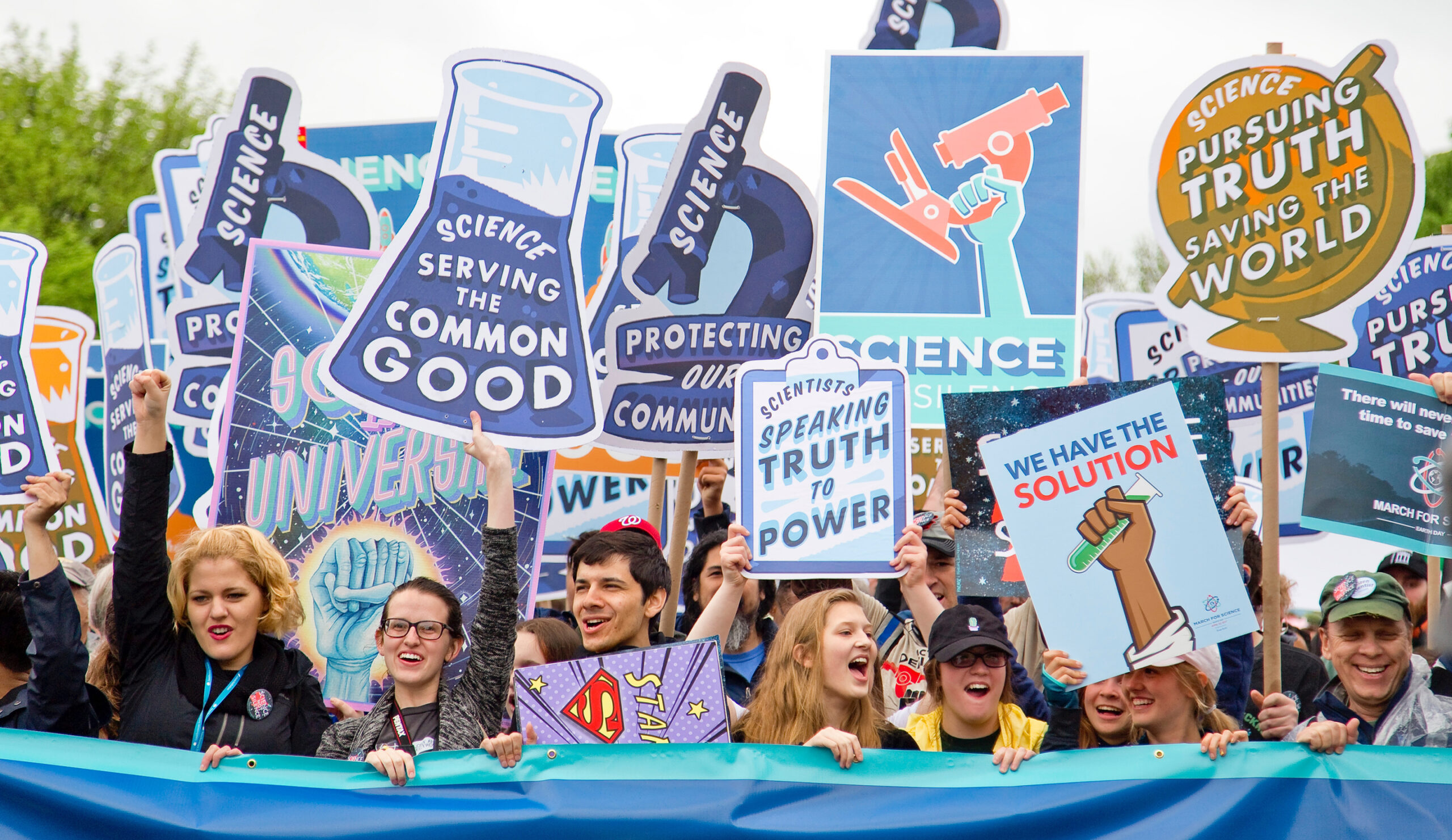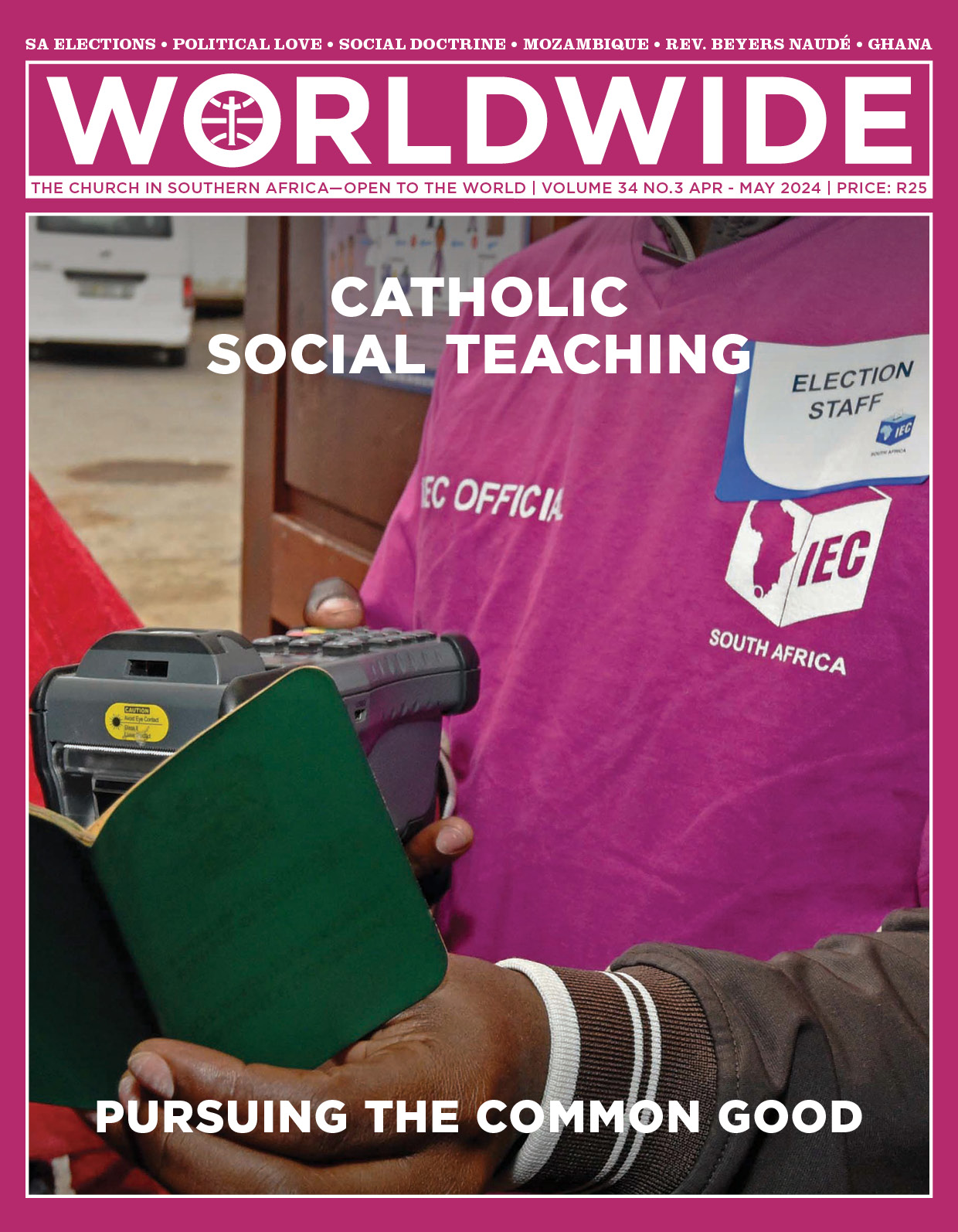
CATHOLIC SOCIAL TEACHING, PURSUING THE COMMON GOOD
It is the honourable responsibility of Christians to contribute by means of active participation to building a society where the common good is fundamental. As Pope Benedict XVI affirmed: “There is a need for authentically Christian politicians but, even more so, for lay faithful who witness to Christ and the Gospel in the civil and political community.” (Address to the 24th Plenary Session of the Pontifical Council for the Laity).
SPECIAL REPORT • HUMAN DIGNITY
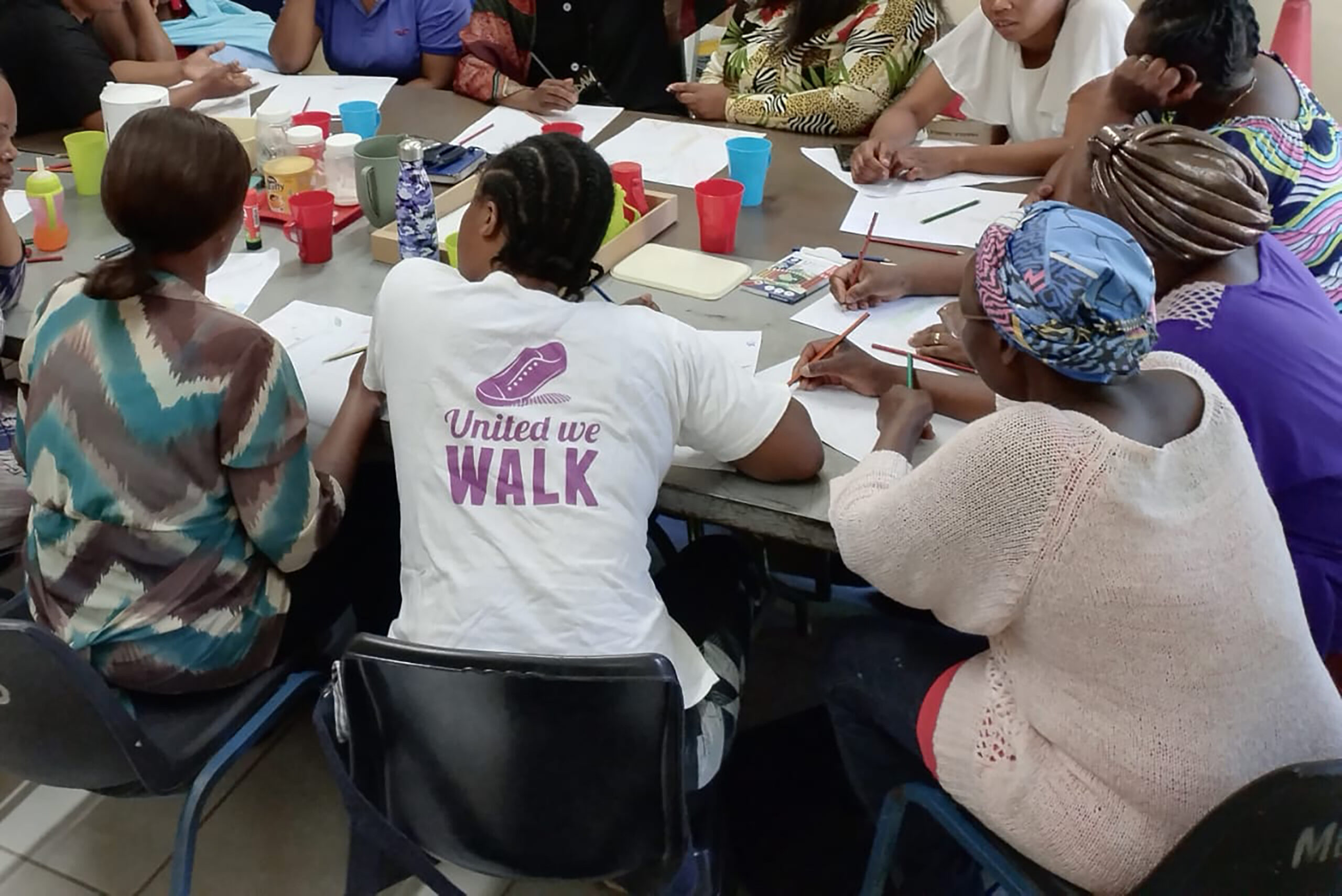
PROMOTING HUMAN DIGNITY THROUGH THE COMMON GOOD
The betrayal of the Principle of the Common Good has unequivocally generated steadily increasing inequality in South Africa and in the world. Millions of people are ostracised by society. Catholic Social Teaching upholds and advocates respect for the dignity of every human being as its main doctrine. One particular area in which the Church is devoted to the protection of human dignity is the Pastoral Care of refugees and migrants, as the author of this article points out.
BY RAMPE HLOBO, SJ | CHAIRPERSON OF THE MIGRATION COMMISSION OF THE SOUTHERN AFRICAN PROVINCE OF THE SOCIETY OF JESUS, JOHANNESBURG
THE TWENTIETH and twenty-first century have arguably been an epoch of the worst structures and tributaries of the root cause of acute global imbalances in wealth distribution and economic injustices that have rendered most of the world population poor and unable to live their lives in dignity. These global inequalities have not only compromised the dignity of innumerable people worldwide, but together with exploitation-driven environmental degradation, propelled us into an era of climate crisis, that has exacerbated the suffering of the poor. The gap between those living in obscene luxury and those living in abject poverty has never been this wide.
Catholic Social Teaching
The reasons for the above phenomenon are not so many, but they are complex. Moreover, it is fairly simple to attribute this unethical and morally undesirable situation to the unscrupulous betrayal of the Common Good, an integral principle of “our best kept secret.”
The Catholic Social Doctrine or Catholic Social Teaching (CST) is a formal body of modern social teachings of the Catholic Church, developed from the 19th century. It has for a long time been referred to as the best kept secret because of the obliviousness of many Catholics vis-à-vis this critical dimension of their faith and the little attention it is given in many institutions like parishes and schools.
The Church through its schools created opportunities for access to good education for many who were not only poor, but also deprived of good quality education on racial grounds.
Although there is no official list of documents making up the CST, there has been—since the May 1891 groundbreaking encyclical of Pope Leo XIII Rerum Novarum—a consensus regarding which documents should fall into this category. As a literature written mainly by popes and bishops, the Church leadership responds through CST to countless political, economic, and social issues, including injustices of our time. It is based on Scripture, reason, Tradition or heritage and the experiences of the people.

Catholic Social Teaching is an essential element of our faith that expresses the relationship between our faith and reason (fides et ratio). Principally, it is a continuation of the mission of Christ to build the kingdom of God. As Pope Francis stated in Gaudete et Exultate (§25): “Just as you cannot understand Christ apart from the kingdom he came to bring, so too your personal mission is inseparable from the building of that kingdom… Your identification with Christ and his will involves a commitment to build with him that kingdom of love, justice, and universal peace.”
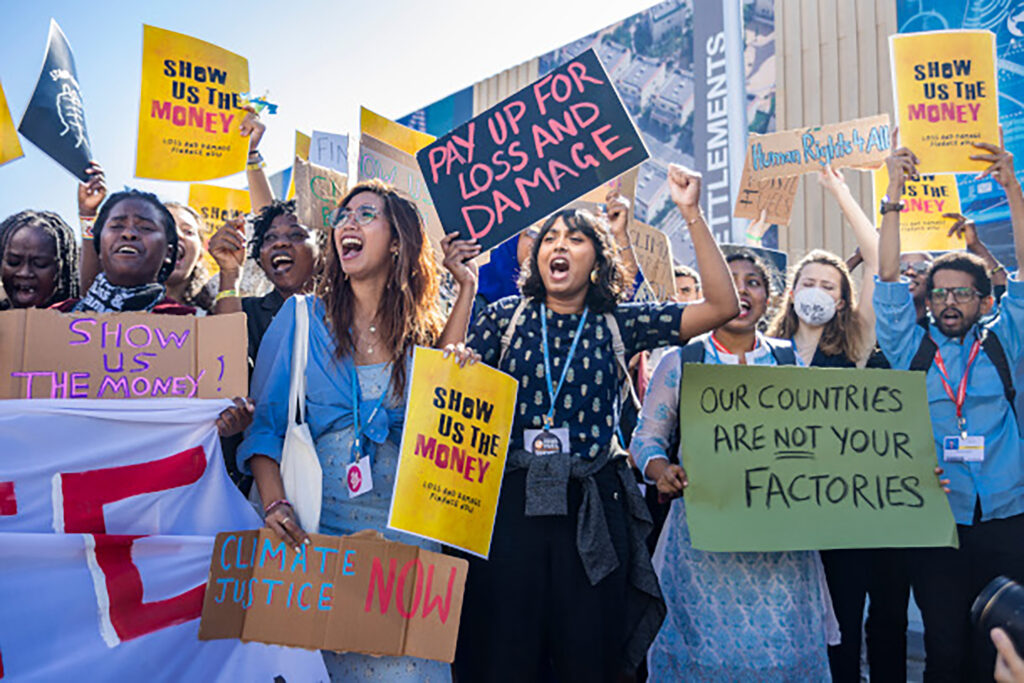
The Church and the promotion of human dignity
This mission necessarily demands that the Church accompany God’s people—as protagonists of the common good and the promotion of human dignity—in all spheres and walks of their lives, especially in the economic, political, and social areas. The involvement in the latter have, nonetheless, often attracted venomous criticism towards the Church and accusations of meddling in affairs that she should not be involved in, as was the case during the apartheid years in South Africa. The Church did however, through persistence and conviction in the CST, won a few battles against the racially oppressive regime that systematically degraded the dignity of black people.
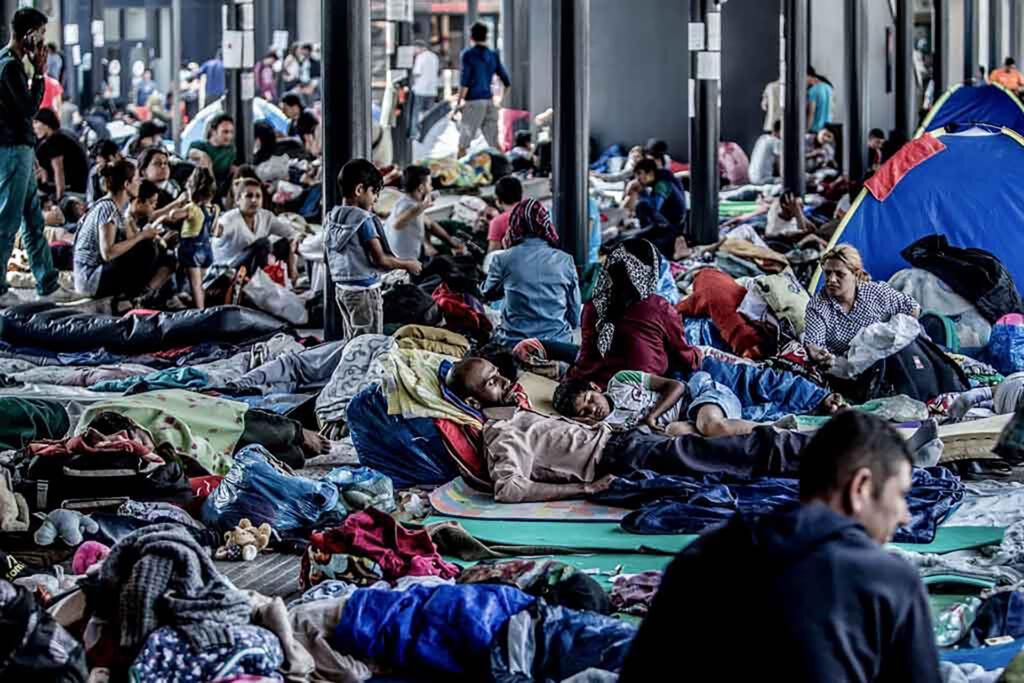
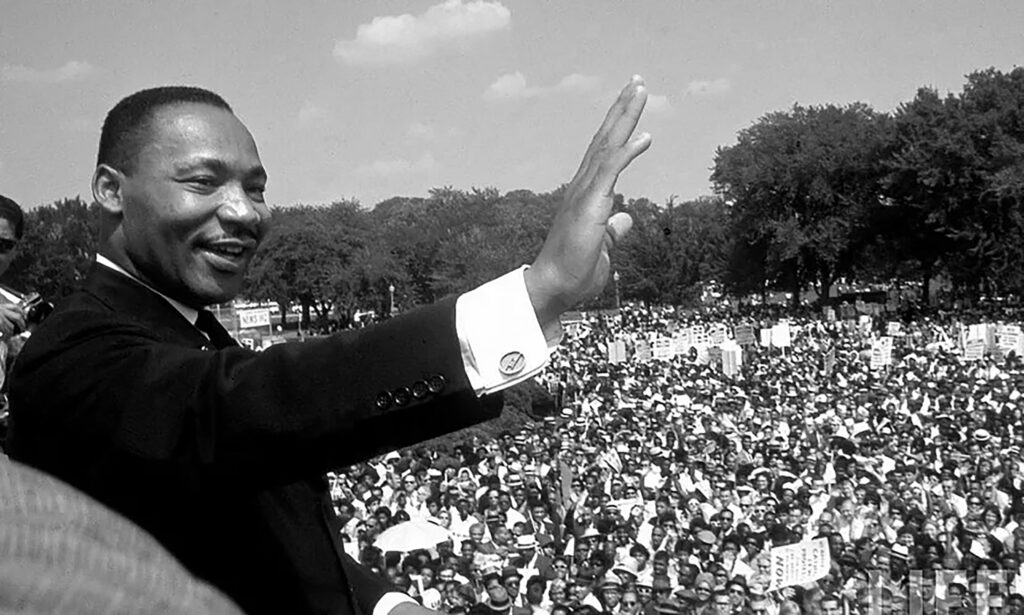
In the important areas of human development and education, the Church managed after many lengthy negotiations, to convince the government to allow private schools to legally admit children of all races. Advocating the common good and dignity of non-white South African learners, the Church through its schools created opportunities for access to good education for many who were not only poor, but also deprived of good quality education on racial grounds. This dedication to helping the marginalised gain access to education, continued into the post-apartheid era when migrants, asylum-seekers and refugees were also accorded access to education, especially when there were policies and practices that hindered it. Through this, hope and dignity was restored for many.
Inequality in South Africa
As one of the most notoriously unequal societies in the world, South Africa has seen the gap between those living in opulence and those who are destitute, spiralling out of control, especially in the last twenty-five years. Obsolete policies, corruption, lawlessness, impunity, insecurity, poor public health and social care services, expensive and inaccessible good quality education, and a high rate of unemployment, are just a few of the consequential factors that have systematically compromised the human dignity of so many South Africans, most of whom are living in dire poverty. This unspeakable situation demonstrates that the betrayal of the common good leads to violation of the human dignity of those who are marginalised. This is a weighty concern for the Church.
The Church holds a strong belief that human life is sacred because of the inherent dignity emanating firstly from the intrinsic and inalienable image of God (Imago Dei) in each person. Secondly, the Church’s doctrine of the incarnation— God the Son becoming human—as professed in our creed, further affirms the dignity of each person. Consequently, human dignity becomes the underpinning principle of all the principles of the CST and a recuring theme in most, if not all its documents.
Care for migrants and refugees
This commitment to the protection of the human dignity of all people irrespective of their background or creed has been manifested in her love and care for migrants, asylum-seekers, refugees and all the (forcibly) displaced as well. The Pontifical Council for the Pastoral Care of Migrants and Itinerant people in Refugees: A Challenge to Solidarity (1992, §25), refers to the tragedy of forced displacement as a “shameful wound of our time.” The Church “offers her love and assistance to all refugees without distinction as to religion or race, respecting in each of them the inalienable dignity of the human person created in the image of God (cf. Gn 1:27).”
Human dignity becomes the underpinning principle of all the principles of the CST and a recuring theme in most, if not all its documents.
Through the Southern African Catholic Bishops Conference (SACBC), the Church has not only produced literature calling for solidarity with the migrants, refugees and the forcibly displaced, but she has also encouraged and promoted the establishment of Pastoral Care for Migrants and Refugees in all the SACBC dioceses and parishes. In the Bishops’ plenary meeting of 2019 a resolution was taken for this bold move to help restore the dignity of the displaced by putting into place practical structures for the common good of all children of God. In journeying with the (forcibly) displaced, in their most vulnerable moments, the Church puts into practice the CST in protecting human dignity by promoting the common good.
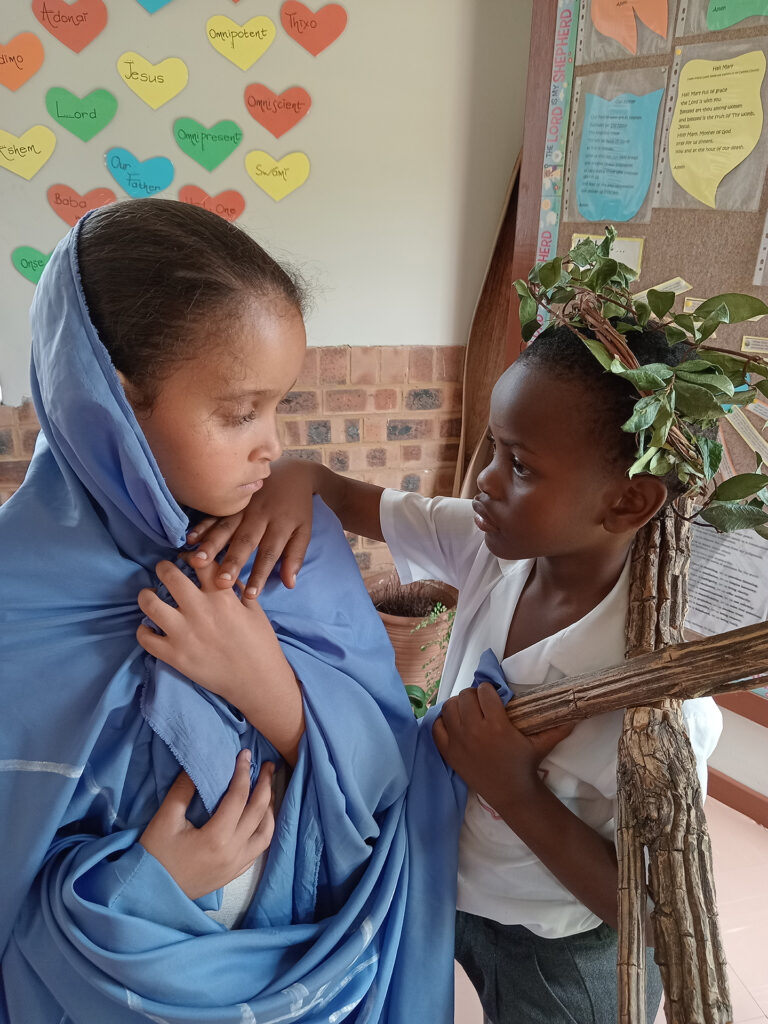
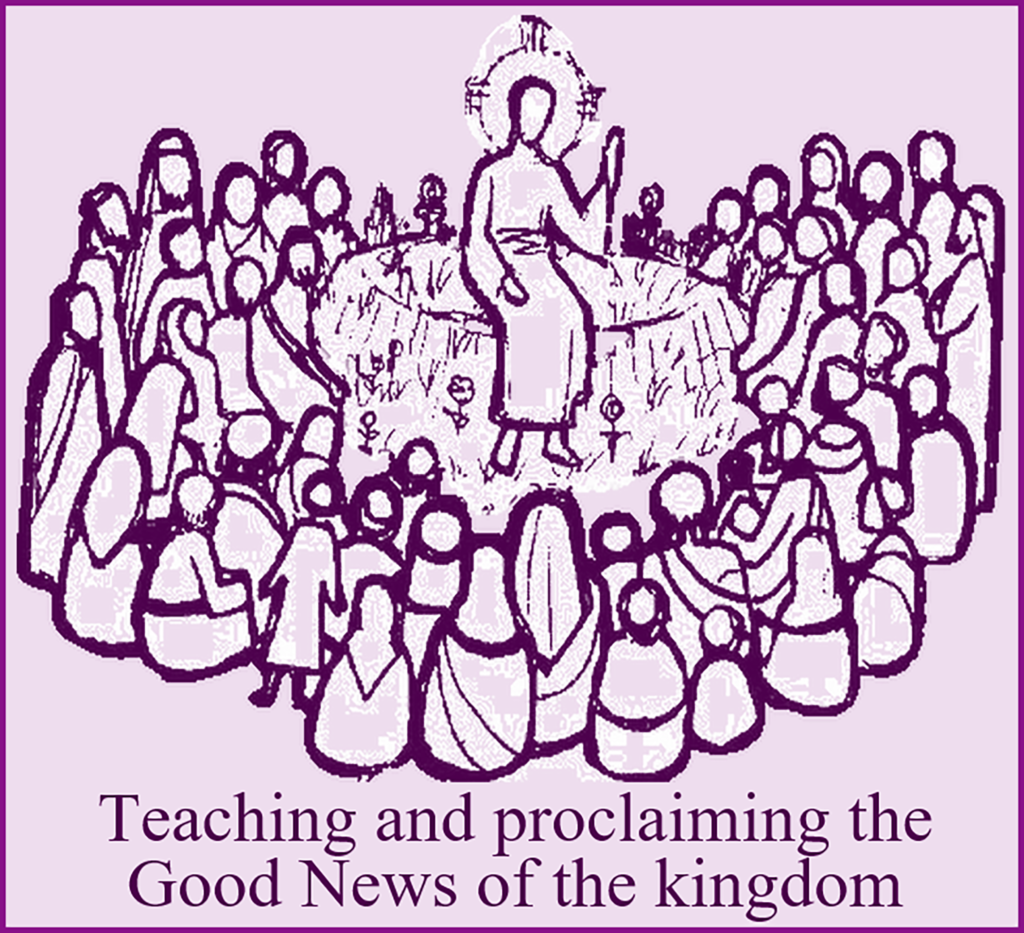
With her teaching on the notion of human dignity, the Church has helped us to better understand the important concept of human rights, for it is from the deep-rooted link with human dignity that we can fully appreciate human rights. This relationship is even alluded to in the preamble and opening lines of the United Nations’ 1948 Universal Declaration of Human Rights: “…recognition of the inherent dignity and of the equal and inalienable rights of all members of the human family is the foundation of freedom, justice and peace in the world…”
In accompanying the forcibly displaced, the Church understands that promotion of the common good in host communities not only fosters protection of human dignity, but also enhances possibilities of realising their potential by enjoying their human rights. In his encyclical, Paecem in Terris Pope John XXIII argued that “refugees are persons and all their rights as persons must be recognised.” (§105) He held the conviction that they “cannot lose these rights simply because they are deprived of citizenship of their own States.” These rights are incontrovertible and should not be violated.
In accompanying the forcibly displaced, the Church understands that promotion of the common good in host communities not only fosters protection of human dignity, but also enhances possibilities of realising their potential by enjoying their human rights.
In its endeavour to promote and protect human dignity through its social doctrine or the CST, the Church has over the years encouraged the principle of the common good, for all to be able to realise their potential, to live their lives in dignity and be accorded respect of their rights. The interconnectedness of the common good together with the promotion and protection of everyone’s human dignity, if fully appreciated and practised, could help address the many social ills and divisions in society. The structures of sin that classify and divide the human family according to inter alia, their wealth or lack thereof, according to their cultural, ethnical, racial and religious backgrounds, while rejecting and deferring the majority to the margins of society, could hopefully be turned into structures of grace.

